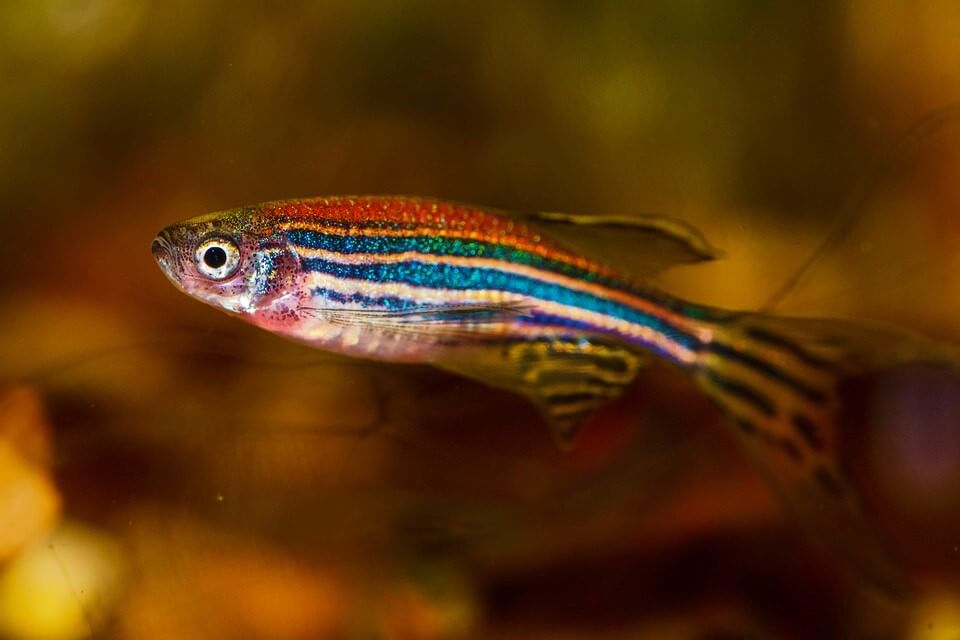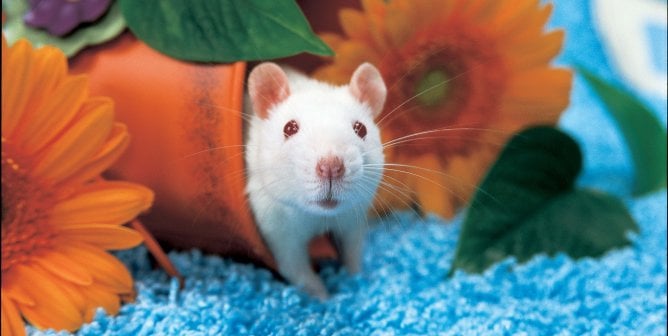Humans With PTSD Aren’t Helped by Pointless Experiments on Animals
What Is PTSD?
Post-traumatic stress disorder (PTSD) is a condition that may develop after a person has experienced a distressing event. Although many people think of events such as a war or a natural disaster as triggers for PTSD, the condition can occur following adverse childhood experiences, the sudden death of a loved one, a medical procedure, or other situations.
Symptoms of PTSD can arise soon after an event or years later. They may include re-experiencing the trauma (flashbacks, nightmares, or frightening thoughts), having negative thoughts or memory problems, having angry outbursts and/or trouble sleeping, and avoiding places, objects, or feelings that are reminders of the event.
PTSD is typically treated with talk therapy, psychotherapies such as eye movement desensitization and reprocessing, medications, or a combination of these. Evidence has shown that these therapies are helpful but are often not reaching those who need them.
How Many People Have PTSD?
Unfortunately, population-wide data tracking the pervasiveness of PTSD are outdated. According to the Harvard National Comorbidity Survey—conducted between 1990 and 2002—3.6% of U.S. adults had experienced PTSD in the previous year, with higher occurrences for women (5.2%) than men (1.8%). An estimated 6.8% of people had experienced the disorder within their lifetime.
A more recent study, which focused on the prevalence of PTSD following pandemics, concluded that its occurrence during these times was 19.3% for the general population, 23.8% for people who had experienced infection, and 26.9% for healthcare workers.
The Failure of PTSD Experiments on Animals
Despite decades of PTSD experiments on animals, there has been little improvement in the clinical care of humans suffering from the disorder and arguably none that has resulted from such tests.
In some cases, findings from experiments on animals are the opposite of what physicians observed in humans. For example, male animals appear to be far more vulnerable to stress in PTSD experiments, whereas female animals are more resilient, contrasting with epidemiological findings that suggest higher rates of PTSD in human women compared with men.
Of all the horrific things that experimenters do to animals in laboratories, it’s easy to imagine that any one of them might contribute to a condition like PTSD in the individuals affected. Nevertheless, just when you think that you’ve seen it all, experimenters come up with horrors that are almost beyond imagination.
Mice, rats, fish, and birds used in PTSD experiments are killed when experimenters are finished using them.
PTSD Experiments on Mice and Rats
To traumatize mice, rats, and other animals deliberately, experimenters subject them to inescapable electric shocks to their tails or feet, put them in enclosures with cats, allow them to be attacked by larger animals, restrain them in tiny containers for hours, make them swim to the point of exhaustion or submerge them underwater to simulate drowning, or knock them unconscious with ether.
They might also do all these things and more in a variation of PTSD experiments meant to subject animals to “unpredictable variable stress.” In such tests, experimenters also give rats and mice wet bedding, make them live in tilted cages or in environments that are too hot or too cold, deprive them of food and water, blare noises or flash lights at them, put cat urine in their cages, hang them by their tails, subject them to severe crowding or complete isolation, or alter their night and day cycles. The animals are subjected to such abuse repeatedly for weeks at a time.
PTSD Experiments on Zebrafish
Experimenters have also attempted to induce PTSD in sensitive zebrafish by restraining them, making them live in extreme water temperatures, isolating them from all social contact, crowding them with other fish, exposing them to predators, lowering their water levels, placing them into small beakers and using a magnetic system to create a spinning vortex in the water, and changing their tank frequently. This torment is repeated over and over again for weeks at a time.
Chickadees and Monkeys Subjected to Bogus Experiments
Experimenters have captured wild chickadees, housed them in solitary isolation, and played the calls of their predators to terrorize these sensitive birds. Others have separated baby monkeys from their mothers and forced the infants to live in complete isolation in attempts to simulate PTSD in primates. Fortunately, PETA has ended some of these horrors.
Human-Relevant PTSD Research Is Needed
PTSD can vary from human to human, and several subtypes of the disorder have been identified. The fact that scientists cannot reliably compare PTSD in two humans further undermines any attempt to draw conclusions about it from an entirely different species. Importantly, many human PTSD symptoms—such as intrusive thoughts and flashbacks—simply cannot be modeled in other animals.
Funds should be allocated to more relevant, human-based research models.
For example, scientists researching PTSD in humans are collecting data from individuals with the disorder using advanced brain imaging, genomics, electronic health records, epidemiological data, and, in some cases, post-mortem tissue to understand it better. Artificial intelligence is helping these researchers detect complex patterns in the data. Recent studies using these methods have led to the organization of PTSD into symptom subsets linked to neural connectivity, which may be used for personalized treatment, the discovery that gene regulation may be linked to an individual’s PTSD risk, and the ability to predict new onset of PTSD on the basis of prior health factors. These human-based methods can also be used to identify new biomarkers of PTSD so that individuals may be referred to treatment sooner.
Critically, funds must be shifted away from experiments on animals and toward providing humans experiencing PTSD with greater access to mental healthcare and to detecting and preventing life events that contribute to the development of this condition.
For an accurate diagnosis of suicidality, depression, alcohol problems, or other mental illnesses, consult a qualified healthcare professional. If you are in crisis or think that you may have an emergency, call your doctor or 911 immediately. If you’re feeling suicidal, thinking about hurting yourself, or concerned that someone you know may be in danger of hurting themselves, call the National Suicide Prevention Lifeline by dialing 988. This free service is available 24 hours a day, seven days a week, and is staffed by certified crisis-response professionals. If you’re located outside the U.S., call your local emergency line immediately.





